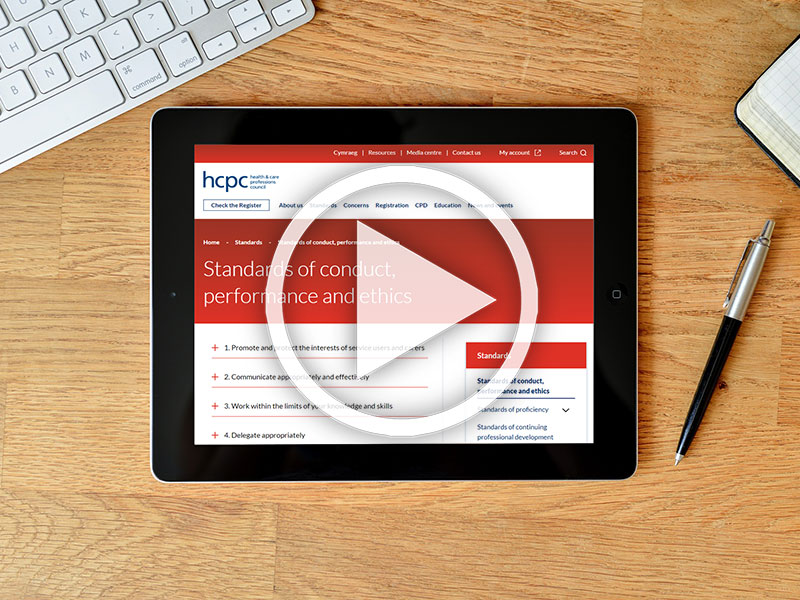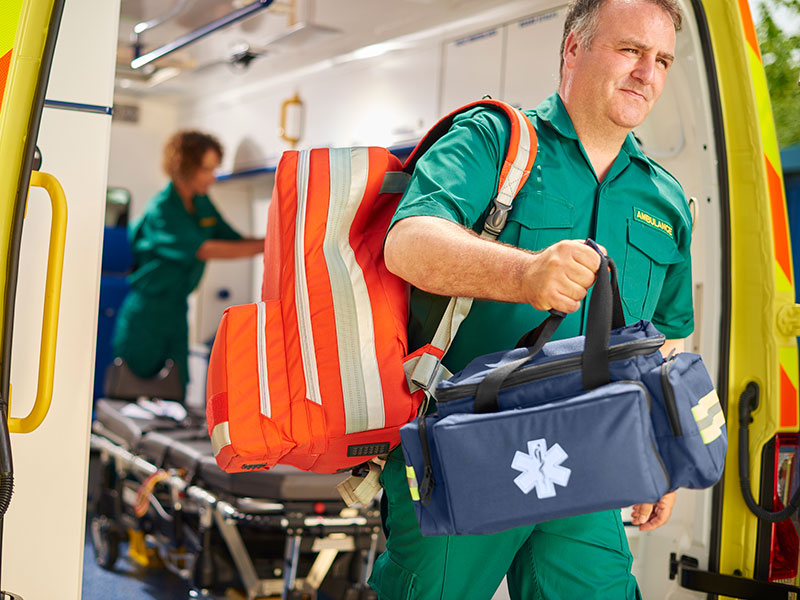There is plenty of guidance available to help you determine what is and is not in your scope of practice
- We have produced additional resources on scope of practice, set out at the bottom of this page.
- If you are a member, your professional body will be able to support you in establishing what forms part of your profession’s scope of practice and what sort of training you might need to get.
- Your employer will also have its own policies in place about what sort of training is required for particular roles.
- Your trade union can support you if you need to raise a concern about your employer.
FAQ Scope of Practice
-
When moving into a new scope of practice you must consider whether your knowledge, skills and experience would be sufficient to perform the new scope of practice safely and effectively.
If you have any gaps in your knowledge, skills and experience it is important you address them with additional training or support. The level of knowledge, skills and experience required for each role will be informed by your employer and professional body’s advice. Local guidance and policies may also set out training requirements for certain roles.
You should also check that you have appropriate professional indemnity insurance to cover you in your new role.
-
A registrant can practice in a role which is not their protected title and remain registered with us, even if this new role has a narrower scope of practice. The HCPC does not penalise registrants simply because they are acting in a capacity that is more limited than their protected title.
If you are practising in a narrower role than your protected title, we would expect you to work within the limits and expectations of that role. You might find it helpful to check your job description or to clarify this with your employer.
The limits and expectations of your role would then form your particular scope of practice. You must make sure that you keep within your scope of practice and do not practise in areas which go beyond it.
This might require you to limit the activities you perform or the skills you exercise to the activities or skills required by your job description (even if you would be qualified to undertake them if you were practising in your protected title). We would not criticise a registrant practising within a narrower scope of practice if they are working safely and effectively within the limits of their job description.
-
Firstly, you may wish to consider whether you could seek training and support to extend your scope of practice safely to include the new activity.
If, however, you decide that the activity is outside of your scope of practice we would expect you to refrain from doing it.
This may also require you to raise your concerns if necessary. You can read more about raising concerns in our blog post and on this information page.
-
Our standards require our registrants to complete continuing professional development (CPD) relevant to their scope of practice.
You can read our information on CPD for more information on scope of practice and CPD.




